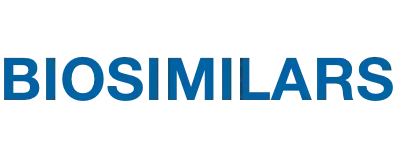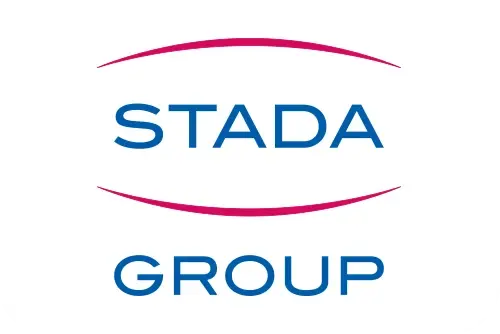Can biosimilars drive value beyond just price?
Biosimilars, like their reference products, undergo rigorous regulatory assessments before entering the market, so there is no question about their efficacy and safety. Moreover, biosimilars offer cost-effective alternatives to their reference medicines, with enormous saving for many countries across the EU. Obviously, these cost savings are attractive for those who are looking after budgets. But, does it only come down to price? A look at the interests of various stakeholders and how biopharmaceutical companies are taking on the challenge of biosimilars reveals a compelling story.
Patients
Patients are at the heart of any discussion around medicines. They simply want to receive the treatment they need to help them get better and/or improve their quality of life. Across Europe, many patients are living with often life-altering indications. Biosimilars help to simplify the access that these patients have to biopharmaceuticals, sometimes significantly.1Besides the obvious cost savings of biosimilars, the savings can be diverted to other patients who need medicines, thereby increasing the number of patients being treated.2
Physicians
Many physicians are under pressure to make cost savings where possible, especially in the face of ever-increasing populations and ever-decreasing healthcare budgets. However, patient welfare, health, and safety are paramount to physicians. If there is an affordable biosimilar alternative, physicians must feel confident about prescribing it, that it really is equivalent in every way regarding safety and efficacy to the more expensive reference products. In the EU, Marketing Authorisations are granted by the European Commission. Products are only approved by the European Medicines Agency upon a thorough and positive assessment of all data. Therefore, physicians can feel assured about choosing an affordable but equally safe and efficacious biosimilar versus its reference product that will benefit not only their patient but others in the system through savings made.2
Pharmacists
Like physicians, pharmacists must also strike a fine balance between ensuring that the most appropriate medicines are made available to the right patients at the right time whilst managing tight healthcare budgets strained by high costs of biopharmaceuticals. Pharmacists also have a duty of care towards patients and must feel confident when there are other treatment options available. Like physicians, the fact that biosimilars have undergone robust regulatory review in the EU, pharmacists can also feel vindicated in finding biosimilars as attractive alternatives because not only are they substantially cost effective, they are as efficacious and safe as their reference products. Moreover, pharmacists are another important stakeholder in helping to make biosimilars more accessible to patients.2
Decision makers - Smart Competition
Although reference products are more expensive than generics or biosimilar products, the latter are still efficacious, safe, and more importantly, established. Changing the status quo does not come down to the bottom line. Moreover, biopharmaceutical companies are innovating to challenge biosimilars by improving the experience of patients and other stakeholders.3 This innovation in the pharmaceutical industry can be further encouraged by decision makers, like politicians, advisers and policy makers (European Medicines Agency and European Commission) through continuing their support for the appropriate regulation and rapid introduction of biosimilar medicines into the European healthcare market.4
Adding Value
Biosimilars can drive value beyond just price, but their manufacturers must embrace innovative ways of improving the experience of patients, healthcare professionals, and stakeholders, whilst still offering quality, efficacious, and safe products.
References:
1Anonymous. The impact of biosimilar competition on price, volume and market share - update 2017. Internal Market, Industry, Entrepreneurship and SMEs - European Commission. 2017. URL: https://ec.europa.eu/growth/content/impact-biosimilar-competition-price-volume-and-market-share-update-2017-0_en (Accessed 4 March 2019)
2Biosimilar Medicines Handbook (new edition). Medicines for Europe. 2016. URL: https://www.medicinesforeurope.com/2016/04/25/biosimilar-medicines-handbook-new-edition/ (Accessed 4 March 2019)
3O’Callaghan J, Barry SP, Bermingham M, Morris JM, Griffin BT. Regulation of biosimilar medicines and current perspectives on interchangeability and policy. Eur J Clin Pharmacol. 2019;75(1):1-11. doi:10.1007/s00228-018-2542-1
4European Medicines Agency. Biosimilars in the EU, Information guide for healthcare professionals. 217AD:38.


